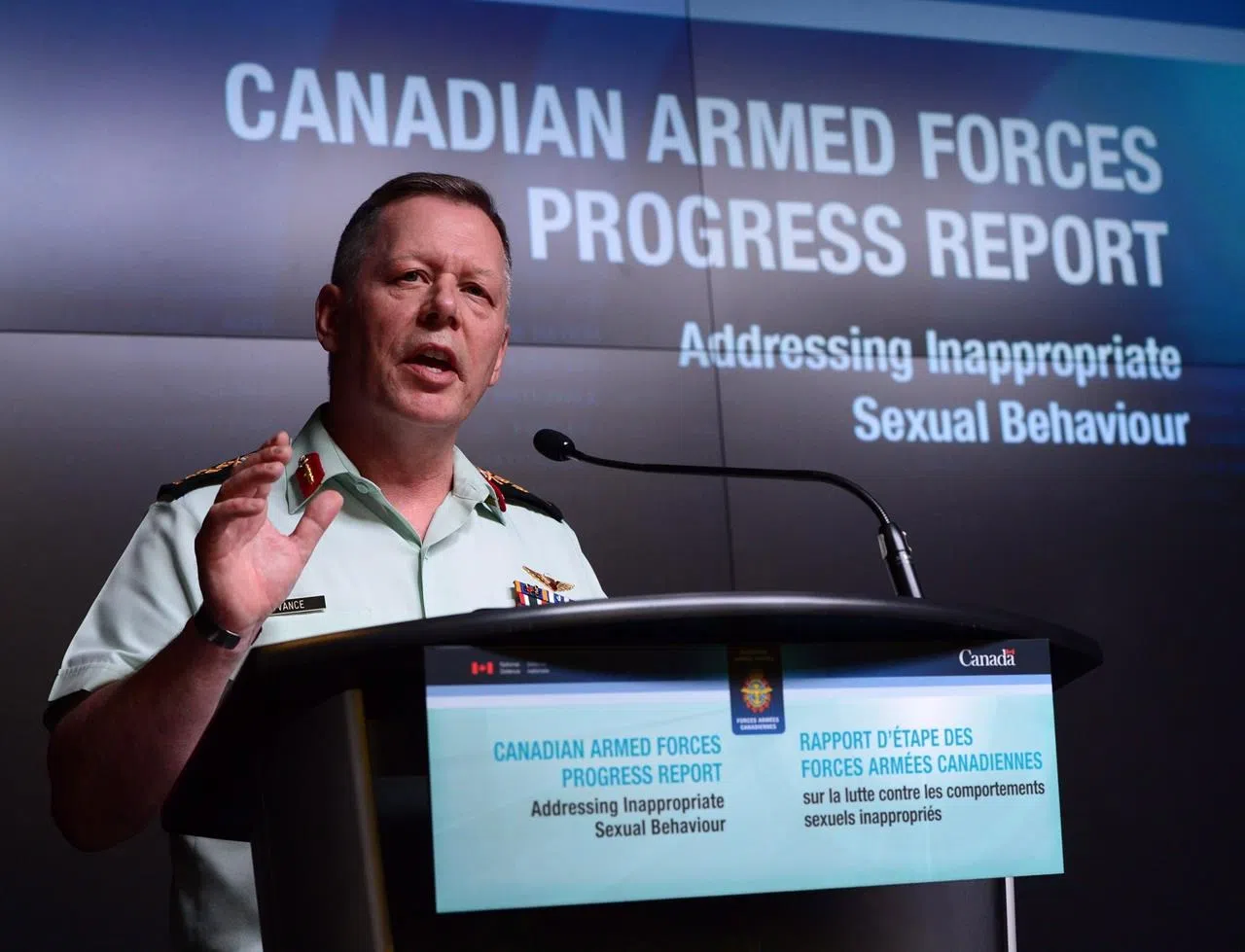
29 service members booted from Canadian Forces in 2017 for sexual misconduct
OTTAWA — More than two dozen service members have been kicked out of the Forces since Canada’s top military officer promised to take no prisoners when it came to sexual misconduct in the ranks.
And that could be just the beginning as defence officials say they are still reviewing dozens of other cases in which military personnel have been implicated in inappropriate sexual behaviour.
Chief of defence staff Gen. Jonathan Vance warned Forces members last year that he would seek to remove anyone and everyone who is found to have acted inappropriately.
The move came amid frustration that some members were continuing to engage in such activity despite his unequivocal orders to cease and desist.


